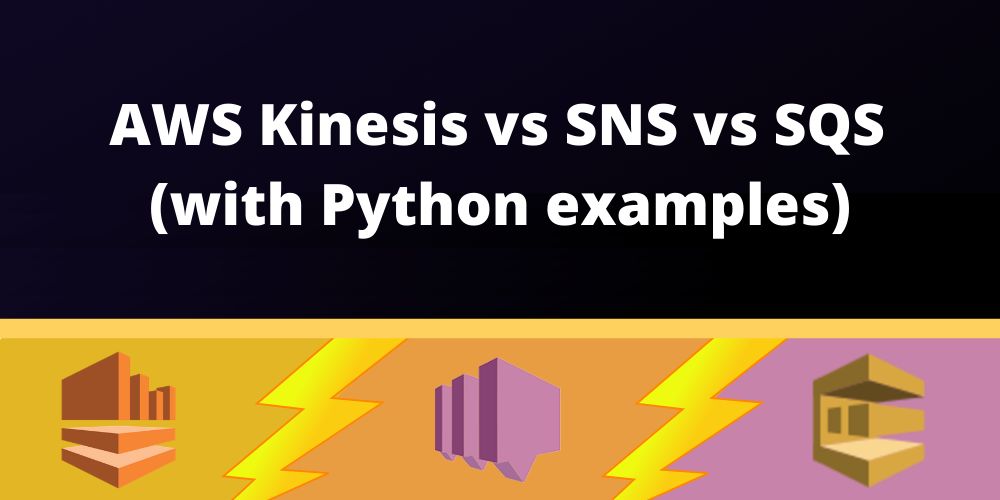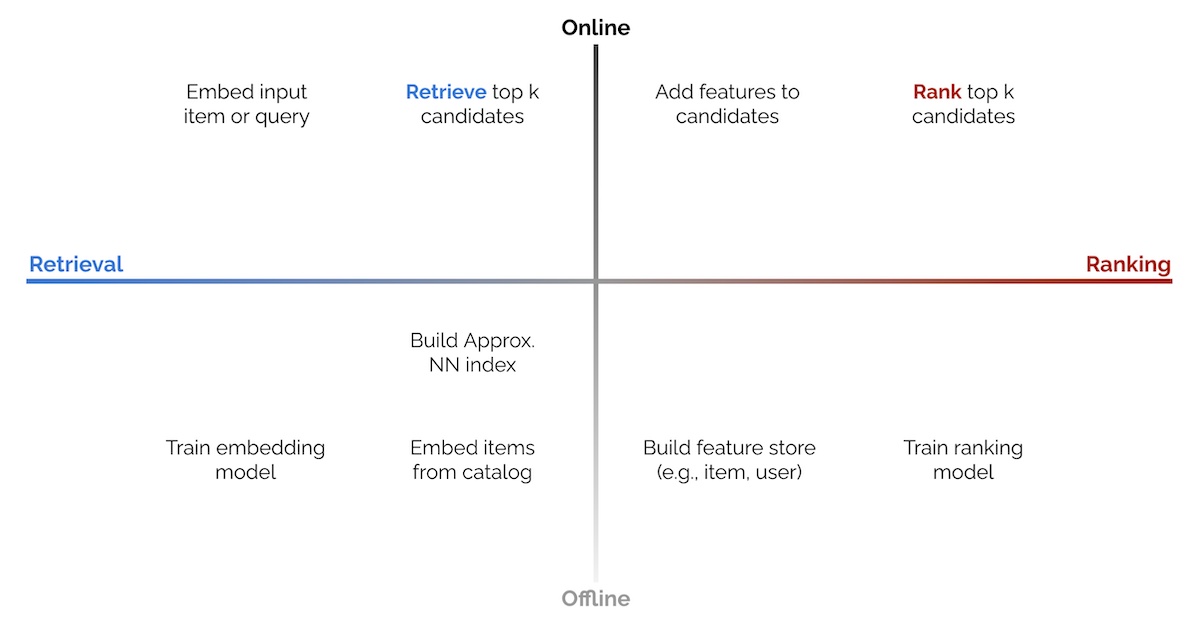
Data Lake vs. Data Warehouse vs. Data Lakehouse
Data is central to modern business and society. Depending on what sort of leaky analogy you prefer, data can be the new oil, gold, or even electricity. Of course, even the biggest data sets are worthless, and might even be a liability, if they aren’t organized properly.
Data collected from every corner of modern society has transformed the way people live and do business. Everything from the subtleties of internal corporate transactions to the habits of everyday life can be measured, stored and analyzed. You’d be hard-pressed to find a modern business that does not rely on data-driven insights.
The ability to collect, analyze, and utilize data has revolutionized the way businesses operate and interact with their customers in various industries, such as healthcare, finance, and retail. Other industries are natively intertwined with data, like those stemming from mobile devices, internet-of-things, and modern machine learning and AI.
Estimates vary, but the amount of new data produced, recorded, and stored is in the ballpark of 200 exabytes per day on average, with an annual total growing from 33 zettabytes in 2018 to a projected 169 zettabytes in 2025. In case you don’t know your metrics, these numbers are astronomical! 100 zettabytes is 1014 gigabytes, or 10 to 100 times more than the estimated number of stars in the Local Group of galaxies, which includes our Milky Way.

























